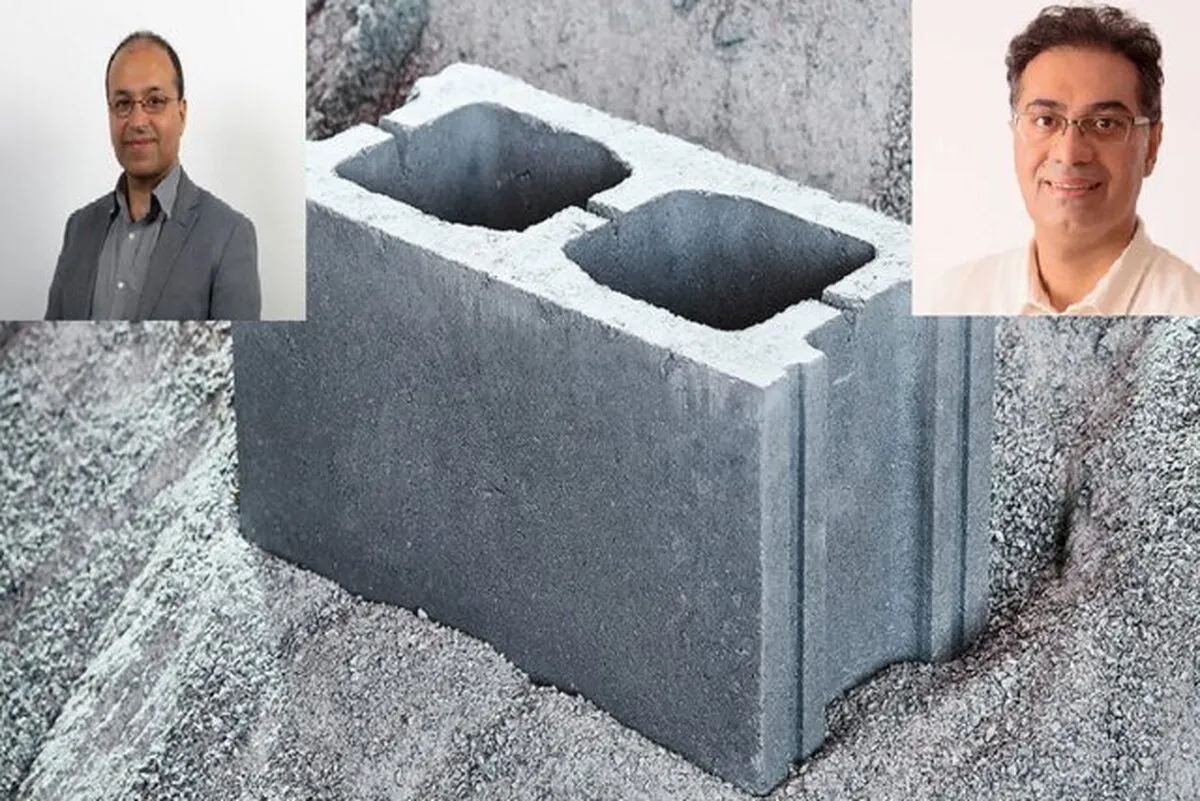Iranian Scientists Develop Innovative Method with Graphene to Recycle Concrete

In the aftermath of large-scale disasters like earthquakes or wars, and as aging buildings and infrastructure are replaced, vast amounts of concrete often end up in landfills or are crushed into rubble for use in road construction.
Flinders University and the University of Melbourne specialists, Dr. Aliakbar Gholampour and Dr. Massoud Sofi, are evolving a “value add” for old broken concrete to “upcycling” coarse aggregate to produce a strong, durable, and workable concrete using a small amount of a secret ingredient, graphene, for a more sustainable approach.
The novel method is gaining traction with the discovery and extraction of new graphene deposits. This trend drives down the price of this raw material even as the costs of cement and aggregates continue to climb, according to researchers.
The results are tested by scientists using a weak graphene solution on recycled aggregates to manufacture concrete that is potentially superior to untreated recycled aggregates in cement-based mixtures.
There is an urgent demand for these methods in waste management, especially considering that demolition and construction waste products are projected to escalate to nearly 2.6 billion tons globally by 2030. Simultaneously, the concrete production process contributes to climate change through greenhouse gas emissions, while extraction methods exacerbate ecological impacts.
The quality of recycled concrete aggregates is refined to improve the quality, performance, and workability of recycled concrete aggregates and reduce the ecological footpaths.
Dr. Gholampour is also a Senior Lecturer in Civil and Structural Engineering at Flinders University. He says the success of the novel method can help to meet the increasing demand for building materials around the world.
Dr. Gholampour, in partnership with University of Melbourne coauthor and Senior Researcher Dr. Massoud Sofi, who is his countryman, has filed a patent for the research.
This research was funded by Flinders University and The University of Melbourne
The study was published in the journal Resources, Conservation and Recycling.
4155/i





















